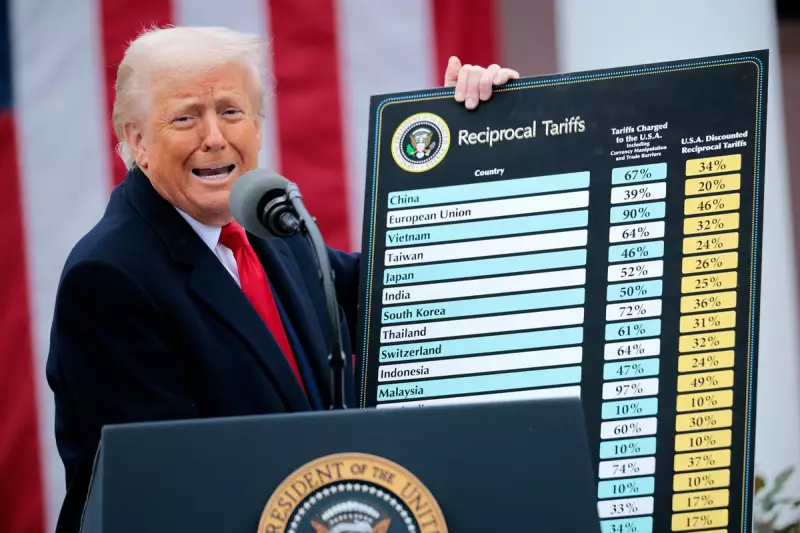
A recent study from Yale University has revealed that former US President Donald Trump's aggressive trade tariffs did more harm than good, ultimately driving up inflation rather than reviving American manufacturing as intended.
The Tariff Gamble That Didn't Pay Off
When the Trump administration imposed sweeping tariffs on imported goods between 2018 and 2019, the stated goal was to protect domestic industries and bring manufacturing jobs back to America. However, the Yale research team found these measures had precisely the opposite effect.
Key Findings from the Yale Analysis
- Tariffs failed to increase employment in protected sectors
- Retaliatory measures from trading partners hurt US exports
- American consumers and businesses bore the brunt through higher prices
- The policy contributed to inflationary pressures in the economy
The study's authors noted that while the tariffs did reduce competition for some domestic producers, the overall economic impact was negative. "The costs were largely passed on to US consumers and importing firms in the form of higher prices," the report stated.
The Inflation Connection
Economists have pointed to these tariffs as one of several factors that set the stage for the inflation surge that followed in subsequent years. By making imported goods more expensive and disrupting global supply chains, the trade war created price pressures that rippled through the US economy.
The Yale findings challenge the conventional wisdom that protectionist measures necessarily benefit domestic industries. Instead, they suggest that such policies can have unintended consequences that outweigh their intended benefits.





